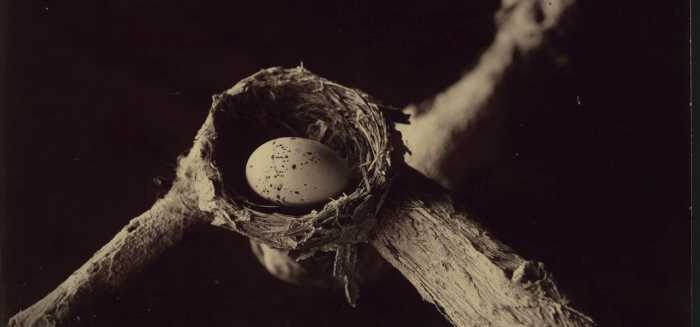Thoughts Composed
***
We know as we live, the fallibility of our thinking a true and lasting rhyme with the mortality of our flesh.
***
The wrong kind of critical mind: an animus in search of an argument.
***
To make peace with eternity requires accepting the reality of our vulnerability in the here-and-now.
***
Adages against Virtual America
- Those who design the circumference of perception also direct the center of motivation.
- When the products of material progress render obsolete the symbols of cultural wisdom, the behavior of a people will become less and less wise.
- Public civility requires a healthy measure of private tranquility; social tolerance, a necessary quotient of physical separation.
- Less remote control and more devote attendance.
- Virtual reality shall be virtueless when designed according to the principles of ‘value-free’ technology.
- As Nature abhors a physical vacuum, human nature abhors a spiritual one.
- Beware when the description of relativity replaces the prescription of humility as the primary compass in human affairs.
***
Paul Klee’s art: the comedy of the mind in the splendor of the senses.
***
Gossip is acquisitive. The scandal-monger is a landlord (slum) who feeds and grows fat on others’ squalor. He pretends to compassion; he would, he says, take in or house the wants of others. He cares, he says, and in a way he’s right, but his caring is for the squalor, his delight in possessing it. Gossip is the will-to-power . . . but over private rather than public lives.
***
All our flights from influence, our antsy and very American quests for the pure autonomy of the sovereign self, have their natural limits. As was the Mayflower’s first indigenous pilgrim, Peregrine White, each of us is born on-board and in transit; we always arrive in the middle of the voyage, and the ship that carries us from brink to blankest brink, from the darkness of unbeing to the outer bounds of death, is the culture we call our own — although, despite our claims to empowerment, we are properly called its. Our ship is not the world, nor are we as individuals equal to the ship. And however turbulent our passage or close we are to sinking, the right to ride at all is still the one immeasurable, inexplicable, aboriginal gift, without which there are no others, and for which gratitude alone can service our deep debt. Now no less than then, our basal mood of being ought to take the measure of the psalmist’s thankful hymn.
